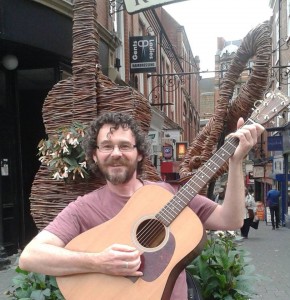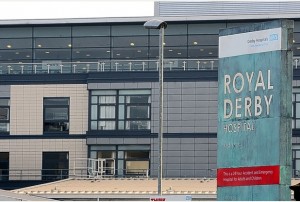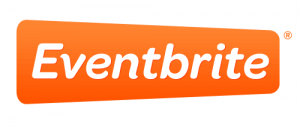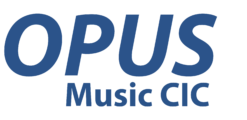Reflections on Apprenticeship: Joe Danks
Dancing in Hospital Corridors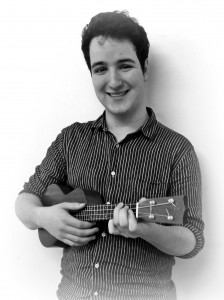
‘Jim knew that he wasn’t much of a singer or dancer, and to him, a public display of singing and dancing implied he thought himself and expert. The villagers just stared at Jim and said, “What do you mean you don’t sing?! You talk!” Jim told me later, “It was as odd to them as if I had told them that I couldn’t walk or dance, even though I have both my legs.” Singing and dancing were a natural activity in everybody’s lives, seamlessly integrated and involving everyone. The Sesotho verb for singing (ho bina), as in many of the world’s languages, also means to dance; there is no distinction, since it is assumed that singing involves bodily movement.’
This Is Your Brain On Music – Daniel Levitin 2006
To some people, making music is an activity reserved for the elite. This is no more apparent than in the UK’s concert halls, with their ritual flower bouquets and coughing breaks. This is the same for dance, an art form most commonly seen at the wedding disco. So where does that leave us, stone cold sober in the harshly clinical environment of a hospital corridor, bobbing up and down in time to ‘Wind The Bobbin Up’?
I love dancing. As a child my role in my parent’s band was to be the first on the dance-floor and to encourage others to join me. Im still doing that now! I’ve pogoed and shuffled and bopped and moshed and salsa danced to all kinds of music and I hope I always will. However, most of my dancing has been with others doing the same thing in a dimly lit venue. Using movement in my music in healthcare practice has been a relatively new exploration for me. Its important to recognise that the young people we’re working with are often dancing, and we should positively reinforce this engagement with our music.
I do this sometimes by mimicking the movement of a young person, and sometimes by responding to their movement with music too. An example of this happened in a corridor, with a young person en route somewhere with his mother. He boogied along to the music we were playing in the adjacent ward, and his mum stopped and the both stood and watched. I turned away from the ward and noticed them. The child started, slowly at first bobbing up and down with the music. I joined in, naturally! This lasted for a minute or so. The music came to a natural conclusion, and I started improvising gently around a G chord, just to keep the music and dancing going. The rest of the musicians started to join in, not only with the music but with the movement too. Dave then led us into ‘Round and Round the Village’, an English Childrens song, and we all marched!
I think this highlighted the point to me that we are only embarrassed about dancing because we are told to be, and often children are yet to feel that embarrassment. I am now as confident in using movement in the hospital ward as I am singing and playing, and I feel that it is becoming an integral part of my practice. Its useful for making people laugh, making people dance and keeping people engaged; definitely not something to be embarrased about! Perhaps we all need a little more ‘Ho Bina’ in our day to day lives?
